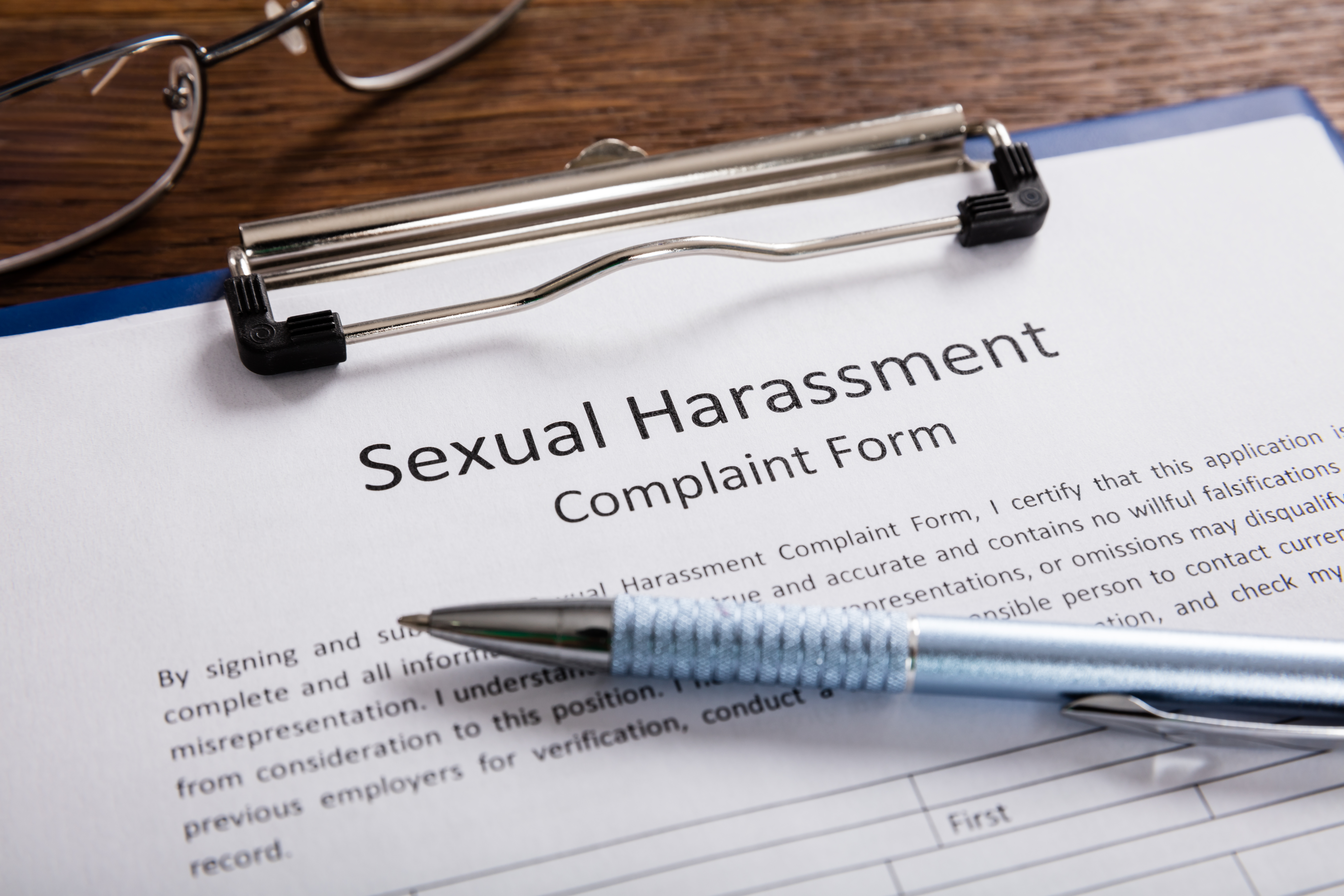Last week, Teamsters Local 455 in Colorado was accused of fostering a hostile work environment for allowing ‘pervasive’ sexual harassment. The union is charged with violating federal law for failing to take action against its business agent, despite being notified that he had sexually harassed and verbally assaulted female staff.
Title VII of the Federal Civil Rights Act protects the union’s employees from harassment at work. It also requires Local 455 to respond to sexual harassment complaints by supervisors, between coworkers, or involving customers or clients.
A union representative, however, has no legal duty to review or respond to sexual harassment claims by union members. Though, they can take on that duty in their own Codes of Conduct or collective bargaining agreements. Eisenberg & Baum, LLP, a New York-based law firm whose gender discrimination and sexual harassment attorneys work with employees in unions across the country, explains, however, that may not always lead to the best outcome:
In those cases, your union can sometimes actually slow down your ability to go to court over sexual harassment claims. If your company’s internal processes require a thorough union grievance process, you may have to finish all those appeals before you are eligible to file a claim with the Equal Employment Opportunity Commission or in federal court.
Victims of sexual harassment in a unionized workplace may also find their union working against them – it is the union’s job to protect a harasser’s employment.
For example, in 2019, the New York City Ballet was forced to rehire a dancer who had been previously fired for sexual harassment of a colleague after the union challenged his firing.
The union has a duty to represent all of its members, so situations like this are complicated; The union is pitted against itself in an attempt to represent all of its members. This may lead to confusion over who the union is truly representing.
Union responses to sexual harassment claims are shaped by “male-dominated unions playing a passive role vis-à-vis female targets of sexual harassment, and too often siding with male harassers,” says Ana Avendaño, vice president for Labor Engagement at United Way Worldwide in an article for Labor Studies Journal.
Union members must be aware of the limitations of union representation in the workplace, especially in situations as severe as sexual harassment.
